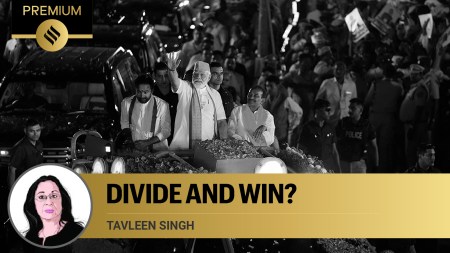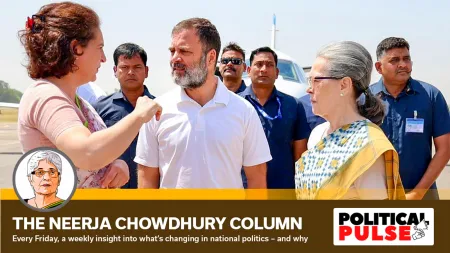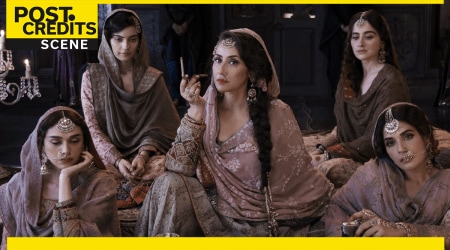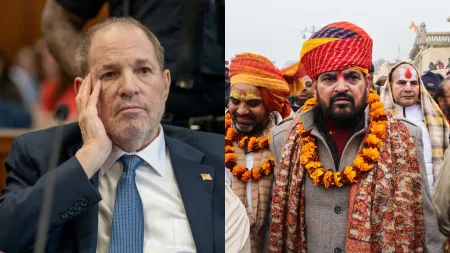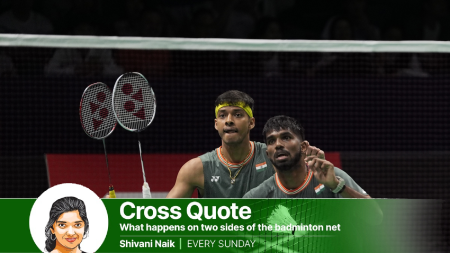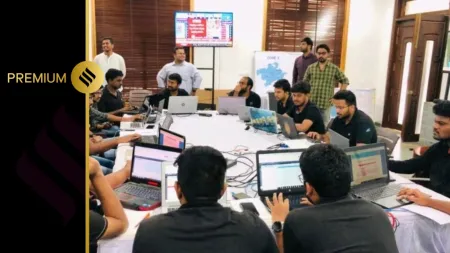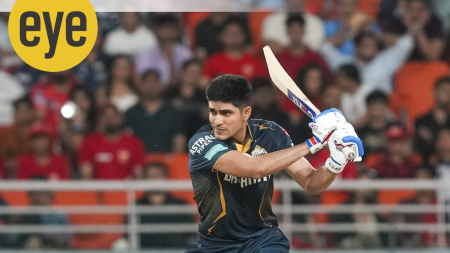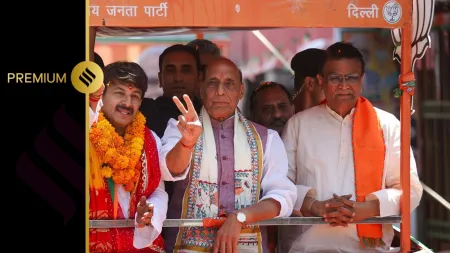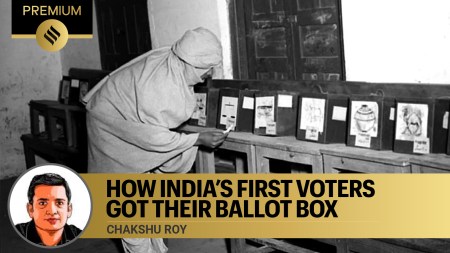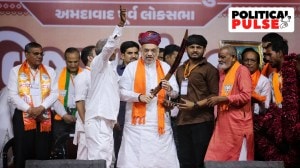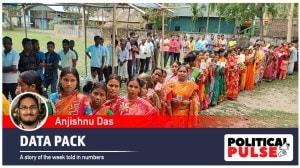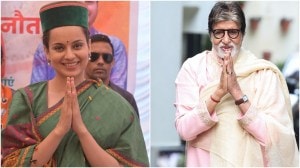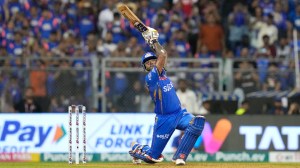- India
- International
Dissecting gender stereotypes, conflicts
With her focus on Punjab and Haryana, Dr Dagar insists that one has to go beyond the ‘Beti Bachao’ campaigns.
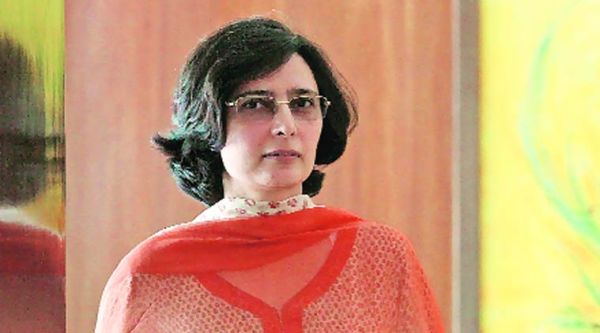 Dr Rainuka Dagar
Dr Rainuka Dagar
At a time when women’s issues and empowerment are at the centre of every debate and policy, Dr Rainuka Dagar’s book comes as an eye-opener. This city-based gender specialist who is the Director (Research), Gender Studies Unit, Institute for Development and Communication (IDC), India, and Programme Director with Altus Global Alliance, The Hague, raises pertinent questions and even offers solutions in her book, ‘Gender, Identity and Violence: Female Deselection in India’. Published by Routledge, the book argues that throughout history, right to life has been granted by conditions of birth — social formation, identity construction or familial positioning, and has accordingly affected individual life chances.
With her focus on Punjab and Haryana, Dr Dagar, who specialises in the study of politics of gender constructs as well as gender positioning in multi-cultural societies, including gender in conflict dynamics, insists that one has to go beyond the ‘Beti Bachao’ campaigns. “Aren’t men being targeted too – as gays, in honour killings, pressured to earn more, expected to be macho, even raped during wars? Gender violence cuts across across male and female. The discrimination has more to do with governance, survival of community, identity politics and economics,” says Dr Dagar.
Based on 20 years of research, Dr Dagar was motivated after reading Indian economist and Nobel laureate Amartya Sen’s ‘More than 100 Million are Missing’, in 1990. She agrees the missing girls in India are not a new phenomenon. “The British passed an Act to check female infanticide more than 100 years ago. However, since 1960, India’s birth sex ratios have progressively declined from 994 to 910, implicating life-affecting gender violence. Today, the sex ratio is Haryana is 834 per 1000, and in Punjab, it is 848, the worst in the country.”
The book also delves into critical socio-historical contexts, examines the practice of selective right to life, effects of militancy, khaap panchayats , and studies women’s rights discourses and protective legal reforms. “Honour killings are blood killings for they carried out to stop the contamination of a clan, to keep its authority and exclusivity intact. The clash between Jats and SCs in the Doaba region of Punjab has resulted in rise of girl child killing because of land and power politics. These are economic and governance reasons, not social,” feels Dr Dagar.
She decodes how there still exists a “huge gap between knowledge and concern; how male child preference continues due to inter-generational dependencies in patriarchal belts and provides a crisis cover; how girls between 0 to 12 years of age are being killed either at birth or due to cultural neglect; and how schemes such as Beti Bachao may provide status to a girl, but not denounce the tag of ‘paraya dhan’ to her family”.

“Schemes for girls and their prosperity have to be interlinked with that of the household for parents to see a vested interest in saving her.” The solutions, she adds, lie in rights-based governance, basic services that empower people, especially women, to negotiate independently and safely in the public sphere.
May 07: Latest News
- 01
- 02
- 03
- 04
- 05


